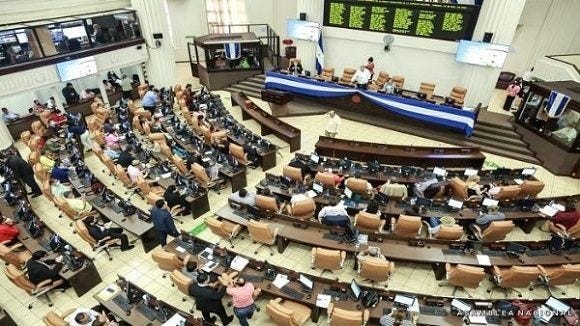The Minister of Foreign Affairs of Nicaragua, Denis Moncada, announced on November 19, 2021 that Nicaragua is withdrawing from the Organizations of American States (OAS). He declared that the OAS has been designed by the United States as an instrument of interference and intervention; its mission is to facilitate the hegemony of the United States over Latin America and the Caribbean.
Nicaragua becomes the third Latin American nation to deny membership in the regional association. Cuba was expelled in 1962, following the triumph of its socialist revolution and its nationalization (with compensation) of U.S. properties in accordance with its agrarian reform program. The expulsion was revoked in 2009, but Cuba reiterated its previous assertions that it had no intention of returning to the organization. Venezuela left OAS in 2017, due to OAS participation in the U.S. unconventional war against Venezuela, which had been…



